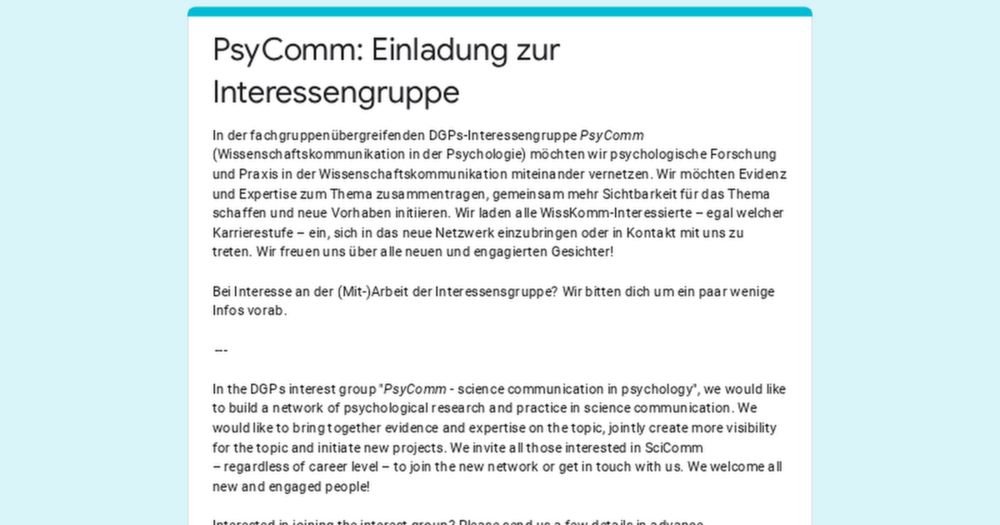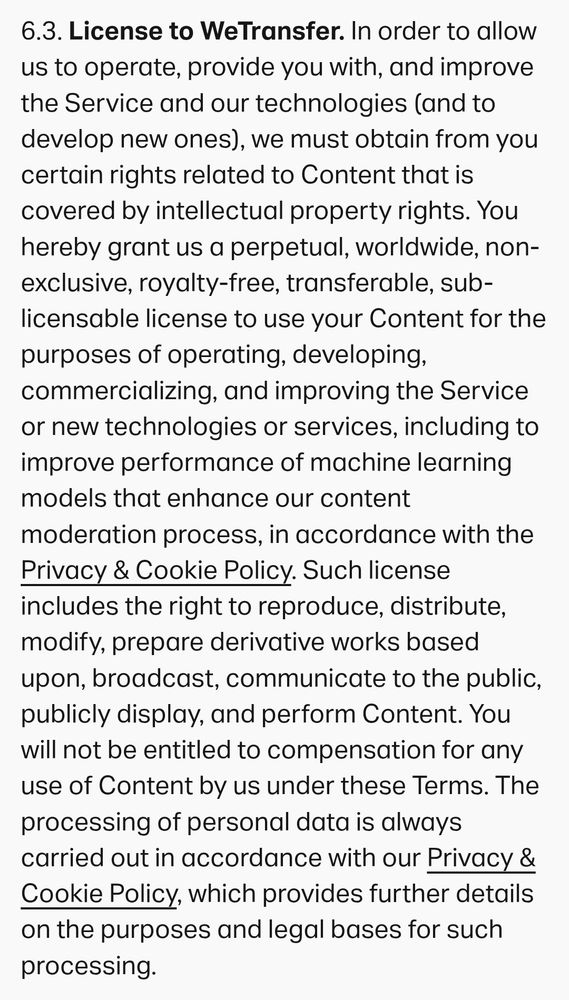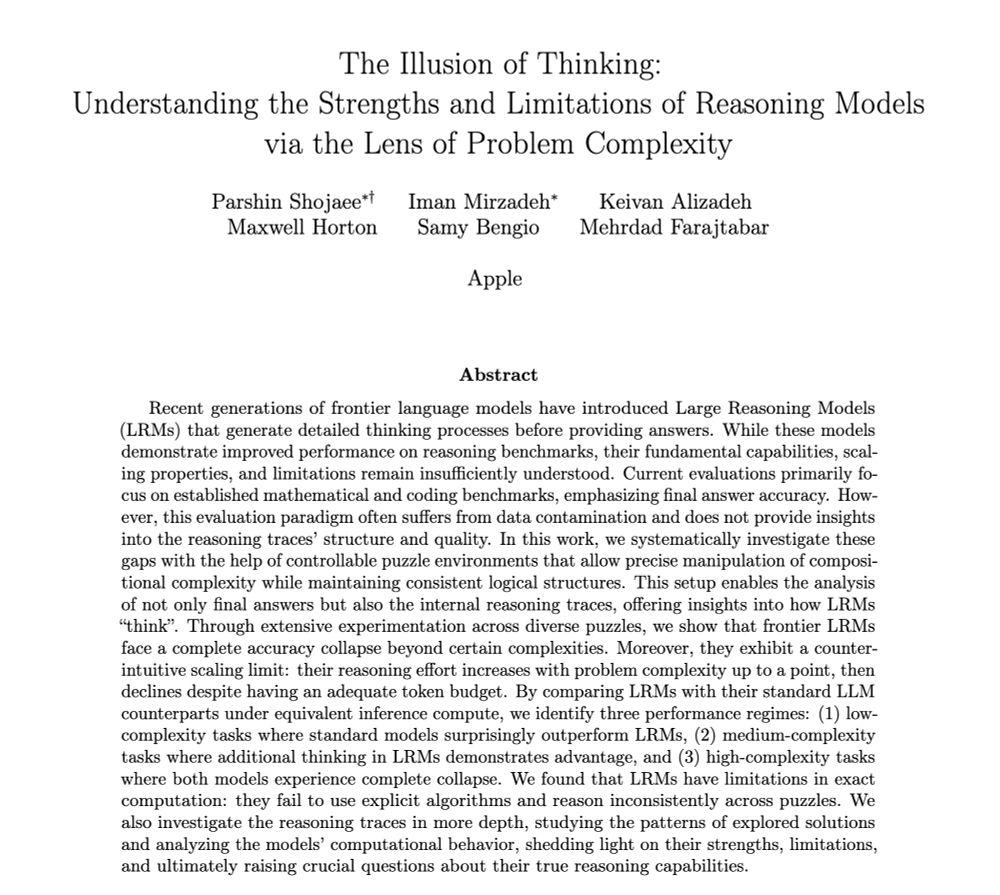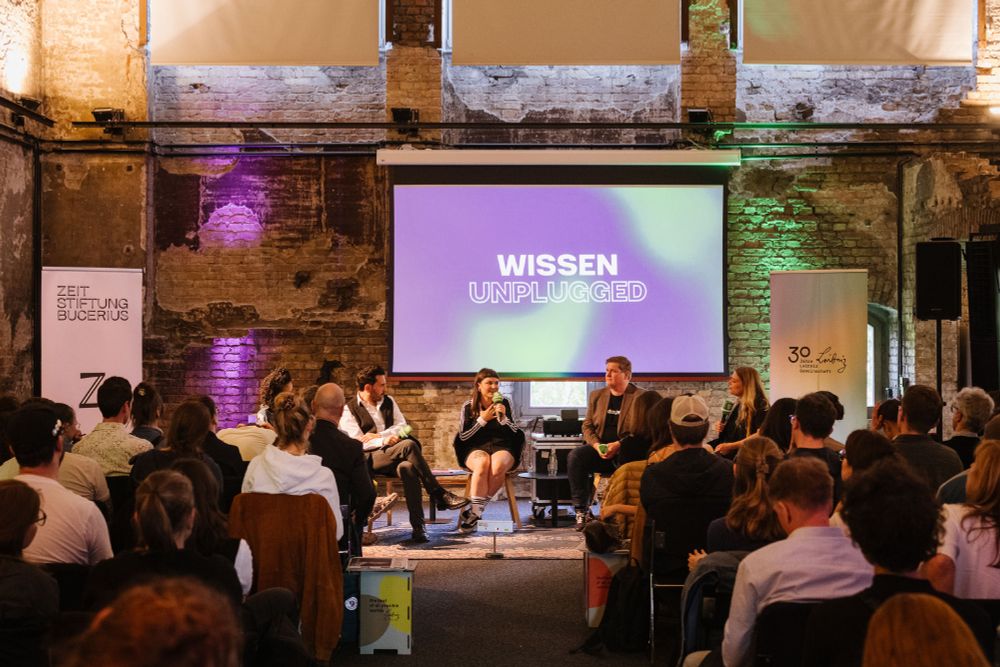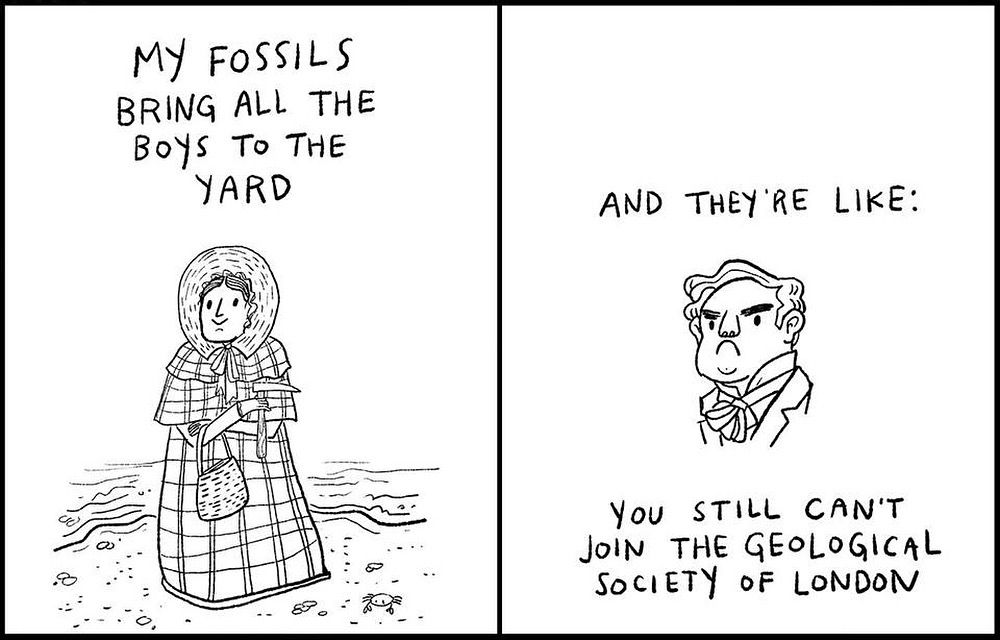Friederike Hendriks
@hendriks.bsky.social
1.7K followers
1.2K following
66 posts
she/her 🏳️🌈 • science of scicomm • junior research group leader of fourC at TU Braunschweig, Germany
Posts
Media
Videos
Starter Packs
Reposted by Friederike Hendriks
Reposted by Friederike Hendriks
Reposted by Friederike Hendriks
Ivar Braten
@ivabra.bsky.social
· Aug 14

<em>Reading Research Quarterly</em> | ILA Literacy Journal | Wiley Online Library
This study addressed an issue relevant to information and research literacy: how students cope with the challenges of reading a one-sided informational text that is combined with ambiguous graphical ...
ila.onlinelibrary.wiley.com
Reposted by Friederike Hendriks
Reposted by Friederike Hendriks
Reposted by Friederike Hendriks
Reposted by Friederike Hendriks
Reposted by Friederike Hendriks
Friederike Hendriks
@hendriks.bsky.social
· Jun 19
Friederike Hendriks
@hendriks.bsky.social
· Jun 17
Friederike Hendriks
@hendriks.bsky.social
· Jun 17
Friederike Hendriks
@hendriks.bsky.social
· Jun 17

Generative AI in Science Communication: Fostering Scientists’ Good Working Habits for Ethical and Effective Use - Friederike Hendriks, Yael Barel-Ben David, Lennart Banse, Julian Fick, Esther Greussin...
Scientists increasingly use generative artificial intelligence (GenAI) to aid in science communication tasks due to limited time and resources. GenAI can functi...
journals.sagepub.com
Reposted by Friederike Hendriks
Reposted by Friederike Hendriks
Reposted by Friederike Hendriks
Reposted by Friederike Hendriks
Reposted by Friederike Hendriks
Friederike Hendriks
@hendriks.bsky.social
· Apr 28
Reposted by Friederike Hendriks






